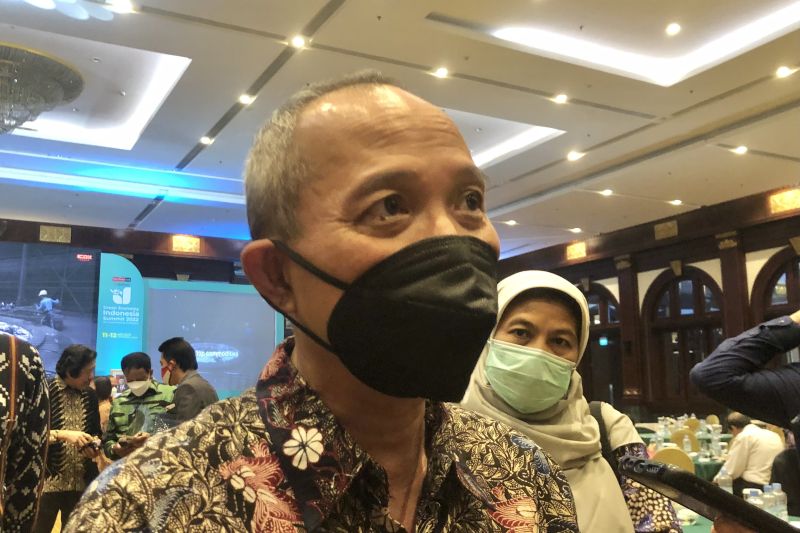
The G20 Presidency is an opportunity for Indonesia to gain the trust of global investors, head of the Standardization and Industrial Services Policy Agency (BSKJI) of the Ministry of Industry, Doddy Rahadi, has said.
"Indonesia's Presidency of the G20 is focusing on three priority sectors that are considered key to a strong and sustainable recovery, namely global health architecture, sustainable energy transition, and digital and economic transformation," Rahadi noted in a press statement issued on Saturday.
The G20 would be useful for strengthening the industrial sector amid a pandemic that has lasted for more than two years, he added.
The activity is expected to build political and economic strength as well as the capacity to promote recovery, in accordance with the theme of the presidency, namely “Recover Together, Recover Stronger,” he said.
BSKJI had initiated a national seminar on ‘Industrial Strengthening amid the G20 Presidency Momentum,' which was attended by more than 700 participants from the government, academia, practitioners, industry, and industry associations, he added.
The seminar presented 58 scientific papers related to the theme of digital transformation and sustainable energy. The activity is expected to improve the competence of industrial human resources and civil servants through the dissemination of science and technology, Rahadi said.
“The results of the seminar will become a proceeding registered in the ISBN, which is published and processed by the e-Journal at the Ministry of Industry. This journal can be a source of knowledge and new understanding for various parties," he added.
Related news: Minister Pandjaitan invites Elon Musk to 2022 G20 B20 forum
Through the G20 Presidency, Indonesia has a great opportunity to win the trust of global investors. This could contribute to the growth of the industrial sector as well as create jobs, which would have an impact on efforts toward accelerating the recovery of the national economy, Rahadi explained.
"Throughout 2021, the non-oil and gas processing industry sector contributed 17.36 percent to the national GDP (gross domestic product), including the food and beverage industry, chemical, pharmaceutical, and traditional medicine industries, as well as the metal goods industry," he noted.
Seeing the contribution of the industrial sector to national and global economic growth, this year's G20 Presidency will include discussions on industrial issues, specifically in the Trade, Investment, and Industry Working Group (TIIWG).
The Ministry of Industry has high hopes for the manufacturing industry sector taking advantage of the G20 Presidency, which can be used as a place to share the industrialization experiences of developed countries.
"This aims to increase the role of industry to encourage sustainable economic growth in order to overcome world supply chain disruption, and create job opportunities, as well as increase economic added value," he added.
Related news: G20: WEF outlines three proposals for 'win-win' digital economy
Related news: Encouraging sustainable investment through G20


















